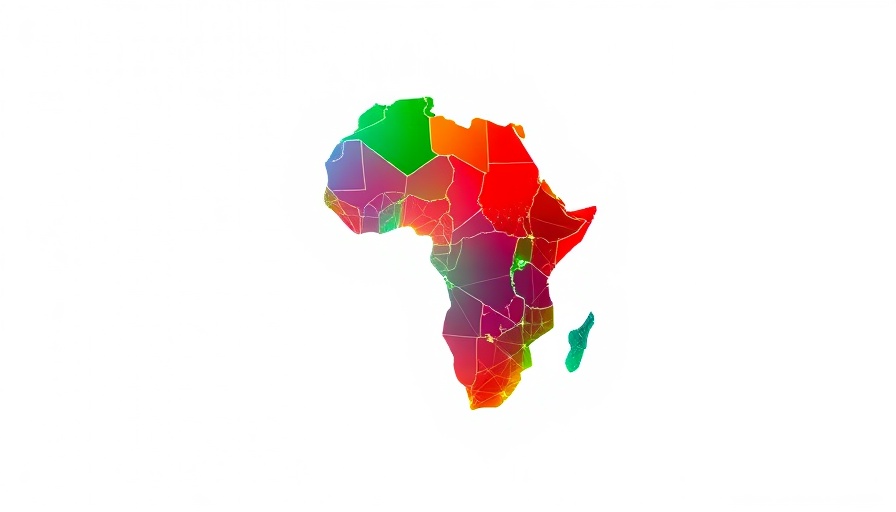
The Unfolding Trade War: Africa's Response to Tariff Bullying
In a world increasingly characterized by unilateral trade actions, Africa finds itself on the precipice of both challenges and opportunities. The recent implementation of tariffs by the United States has rattled economies globally, and African nations are not immune to the fallout. This article examines the implications of America's 'America First' strategy, particularly its tendency towards protectionism and economic bullying, and how these tactics affect the African economy.
The Fallout from Tariff Policies
As reported recently, the tariffs imposed by the U.S. have repercussions not just domestically, but also in international markets. These unilateral measures diminish the benefits of multilateral trade that have been hard-won over decades. Traders and investors in Africa need to understand that the stakes of this tariff warfare extend beyond traditional market boundaries. According to experts, if unaddressed, the ramifications for Africa could be severe, including disruptions in supply chains and diminished investment inflows.
A Call for Multilateralism
In contrast to unilateral actions, China has expressed its commitment to multilateralism. The Chinese government emphasizes that development opportunities should be accessible to all nations, not reserved for a select few. By offering zero-tariff treatments to the least developed countries in Africa, including Liberia, China is not only expanding its market but actively contributing to the African economy's growth. This presents a unique opportunity for African leaders to reassess their trade policies and align themselves with partners that support equitable trade practices.
Prospects for African Economies in a Volatile Global Market
The reality of America's protectionist policies presents a dual narrative for Africa: a challenge to overcome, and an opportunity to redefine its place in global trade. As African economies look to diversify trade partnerships beyond historical ties, initiatives like the Forum on China-Africa Cooperation (FOCAC) highlight paths forward. African policymakers must engage strategically to ensure that trade benefits are maximized, harnessing Africa's potential within the global economy.
Conclusion: Shaping a Common Future
The increasing volatility of the global trade landscape compels African nations to secure and expand their economic interests. As relations with powerful economies evolve, leaders must navigate this complex terrain with wisdom and foresight. Engaging proactively in the international trade dialogue offers the chance not just to survive but to thrive in the face of economic adversity. The trajectory of Africa's role in global trade hinges on its leaders, policymakers, and investors seizing the moment to foster resilient, innovative partnerships that stand the test of time.
 Add Row
Add Row  Add
Add 


 Add Row
Add Row  Add
Add 

Write A Comment